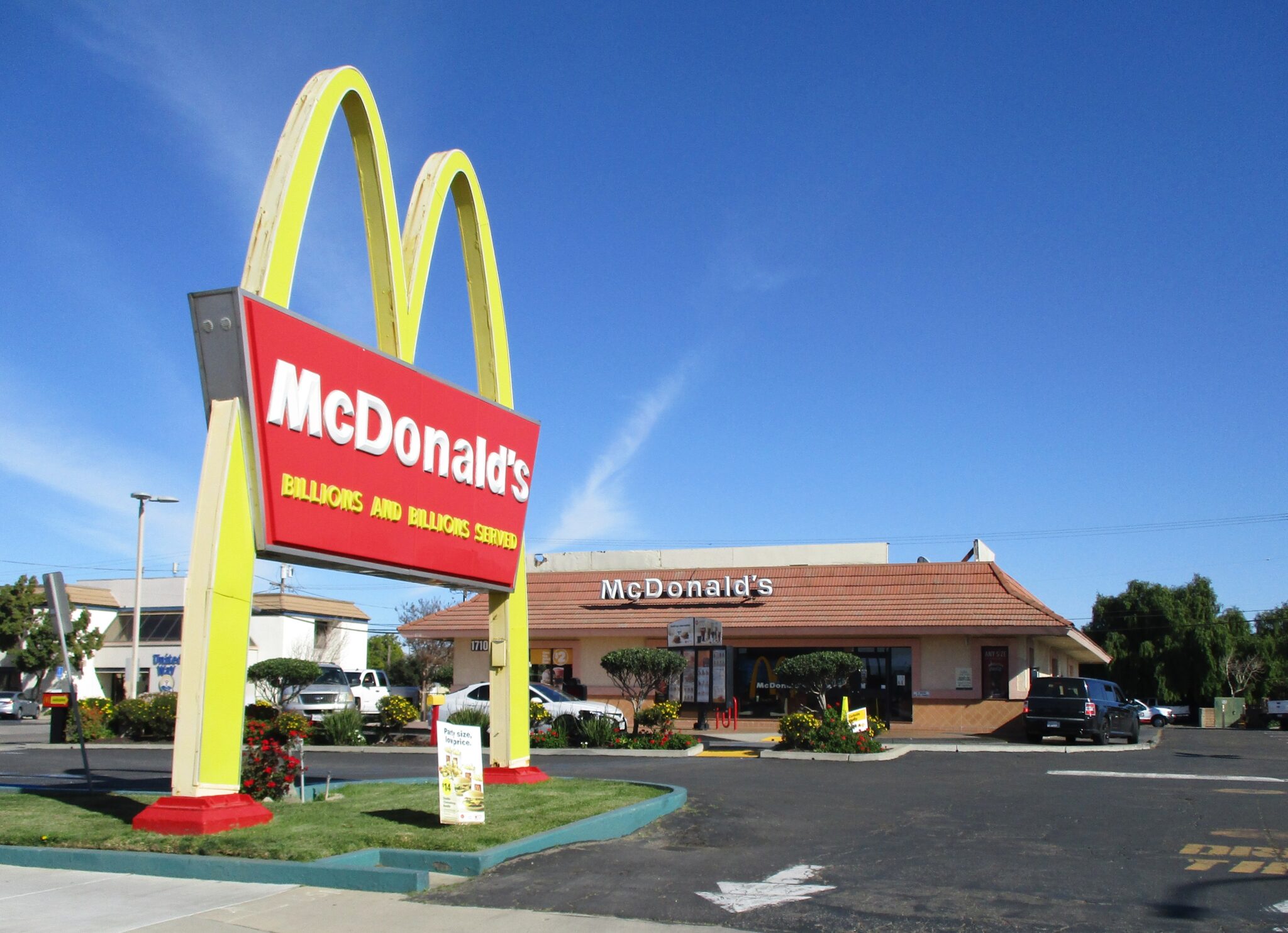In today’s News and Commentary, UAW files unfair labor charges against Mercedes-Benz, Congressional Democrats call for an extension for Employment Authorization Documents, and California fast food workers’ minimum wage increases to $20 an hour today.
The United Auto Workers filed unfair labor charges against Mercedes-Benz Group alleging “aggressive and illegal union busting.” As of late February, a majority of workers at Mercedes’ Vance, Alabama plant had signed cards to join the union. The UAW now claims that workers have been harassed and intimidated for this support or participation in union activities. Workers allege retaliatory stonewalling of medical paperwork and arbitrary enforcement of no-phone policies in order to punish union efforts. As John reported last month, the automaker’s largest US factory held a captive audience meeting opposing the UAW and appears to be revving up its anti-union campaign. Both the union and the company are preparing for a long and contentious process.
Congressional Democrats are pushing for a rule that would permanently extend the grace period for expired work permits if an application for renewal is pending. This push comes as many immigrants face a fast approaching expiration of their work authorization without any word as to their timely filed renewal applications. Beginning April 24, tens of thousands of work authorization permits will expire. Immigrants, who applied to renew their permits last fall, are experiencing processing times of up to 16 months. The permits are typically valid for 180 days post-expiration, but the grace period was briefly extended to a year and a half in 2022 due to US Citizenship and Immigration Services’ processing backlogs. The extension regulations have since expired, but a new rule, currently under White House review, would again temporarily increase the validity period. The congressional Democrats released a letter last week calling for a permanent extension and focusing concerns on the uncertainty business owners face. The letter stresses that “employers need to be able to plan and operate knowing that their workforce will not be disrupted by abrupt changes in work authorization status.” Ten Senate Democrats and sixty House Democrats signed the letter.
Over 500,000 Californian workers will see an increase in their hourly wage starting today. Fast food workers in the state will now be paid at least $20 an hour in accordance with a law passed last fall. The law passed as a result of negotiations between labor unions, fast food corporations and fast food franchise owner trade associations. Labor unions agreed to cease efforts to hold corporations accountable for the misdeeds of independent franchise operators and the corporations agreed to remove a referendum related to worker wages from the 2024 ballot. The franchise owners trade associations initially supported the law, but have since complained about the impact the new wage will have on them. Franchise owners claim they will have to cut workers’ hours, raise prices, and potentially even close branches as a result of this wage increase. California’s minimum wage currently sits at $16 an hour, nearly double what it was a decade ago. Labor economists have shown that the decade-long wage increases did not cause a decline in employment or overall pay. Still, many chains have indicated plans to increase adoption of automation, to simplify operations, and even to shorten business hours.







Daily News & Commentary
Start your day with our roundup of the latest labor developments. See all
July 14
More circuits weigh in on two-step certification; Uber challengers Seattle deactivation ordinance.
July 13
APWU and USPS ratify a new contract, ICE barred from racial profiling in Los Angeles, and the fight continues over the dismantling of NIOSH
July 11
Regional director orders election without Board quorum; 9th Circuit pauses injunction on Executive Order; Driverless car legislation in Massachusetts
July 10
Wisconsin Supreme Court holds UW Health nurses are not covered by Wisconsin’s Labor Peace Act; a district judge denies the request to stay an injunction pending appeal; the NFLPA appeals an arbitration decision.
July 9
the Supreme Court allows Trump to proceed with mass firings; Secretary of Agriculture suggests Medicaid recipients replace deported migrant farmworkers; DHS ends TPS for Nicaragua and Honduras
July 8
In today’s news and commentary, Apple wins at the Fifth Circuit against the NLRB, Florida enacts a noncompete-friendly law, and complications with the No Tax on Tips in the Big Beautiful Bill. Apple won an appeal overturning a National Labor Relations Board (NLRB) decision that the company violated labor law by coercively questioning an employee […]